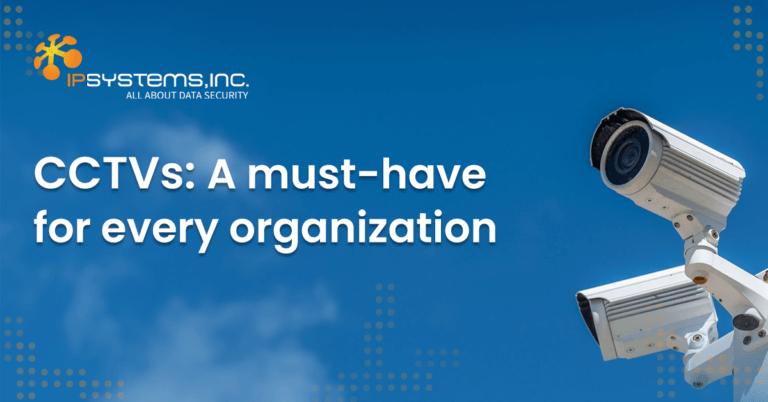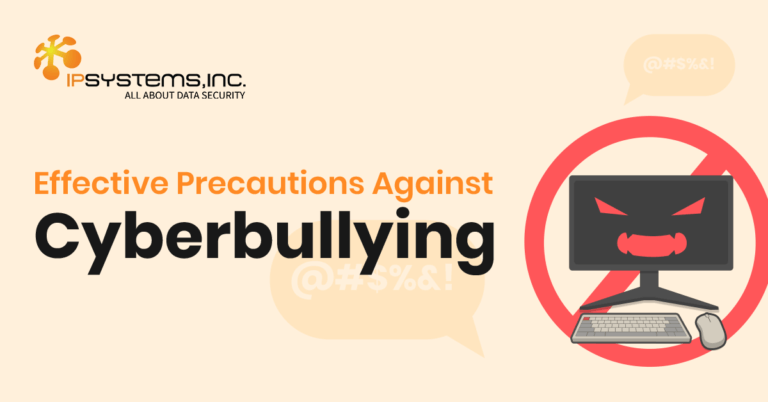
Innovating your Business with Green Data Centers
Blog: Innovating your Business with Green Data Centers Data centers are centralized facilities equipped with essential hardware like servers, storage devices, and networking equipment.
Modern businesses run on the backbone of digital technology. Email is one such technology, and it's almost unthinkable that any of today's companies will consider leaving email out of its daily operations and IT infrastructure. Why is this so? Well, email is an easy and painless way to communicate and document communication, internally and externally, offering storage for critical information and shared files. While email is indispensable, it’s ultimately important to critically consider who youremail hosting provider will be.
Choosing a suitable email hosting service is a deliberate choice that needs to go beyond sentiment or familiarity. More than 96% of respondents in a recent Windows IT Pro survey consider email to be the nucleus of their day-to-day business. It's therefore apparent that you need an efficient email that is also cost-effective for your purposes.
An online search for email hosting services will throw up more options than your hands and feet could count. It can be a dilemma, and this article aims to clear your confusion about what makes an email hosting provider right for you.
Here are the non-negotiable standards your email hosting provider should meet.
The bad guys are everywhere you can look. One of the ways they wreak havoc is through email. Security matters because it’s best to keep email content secure and fend off hacking attacks such as phishing or spams.
Companies run the risk of financial trouble, and ruined credibility, when email attacks leak confidential information. A case in point is the 2014 Sony email hack, potentially costing the company more than $100 million. Smaller businesses may lose much less financially. However, there's the potential issue of a PR backlash. There's certainly no way to quantify this.
It's advisable for businesses, especially SMEs, to opt for email hosting providers that deploy advanced information security tools to protect email. Three of these tools include:
It’s essential that your hosting service fulfils four requirements:
Back-ups are critical in a time when cyber threats are rife. Imagine what would happen if your index.php file got damaged. How about hard disk or server failures? The outcome isn't what anyone likes to imagine.
While it may not be evident, hosting services, need to maintain multiple security certifications and maintain compliance with specific regulations. As a baseline requirement, your host of choice should have FISMA (Federal Information Security Management Act) and HIPAA (Health Insurance Portability and Accountability Act) compliance. It means the provider’s service is currently in use in government and healthcare, respectively.
Good sorting practices help to keep email organized. Some email hosting services offer adequate archiving storage, so you don't have to struggle with keeping emails you want to preserve. Such emails may contain information you don't want to delete. If the company has an established archiving system in place, this makes it an OK choice.
A service under consideration should consolidate all your data, enabling you to move old messages to the archive automatically. You'll often like to access archived messages, too. The host you choose should offer this while protecting your data and backing it up on the fly.
Even when your email hosting provider offers you data security, they should also put you in the driver's seat. It means you should have adequate control of your email settings in a way that promotes email security.
The back-end controls should be intuitive and straightforward, and you should have the support you need. Ideally, your email hosting provider should only offer 24/7 support so you can reach them when you need to. Support needs to be available via various channels, such as chat, email, and phone calls.
When considering any email hosting service, it's best to consider how much it is compatible with and flexible on all devices. Is it able to seamlessly sync with web and mobile apps?
The size of your business notwithstanding, it's crucial not to downplay access to your calendars, email, lists, tasks, and shared contacts. Many small businesses may not use or need all these features from a ran email hosting service. However, they should be able to make this call by themselves.
A suitable email host would offer you such flexibility, meaning it’s best if you paid attention to all the features available on the platform and review them accordingly.
Do you understand how critical uptime is to your business? We can rephrase that by asking, do you know how much downtime is costing your business?
A recent IDC report revealed that each hour, 80% of businesses lose $20,000 – a significant sum! Downtime can have a substantial financial impact on business, so it's important to shut it out completely.
Considering the importance of email to your business and the fact that it handles company data, you should go for a hosting email service that guarantees no less than 99.9% uptime. A significant uptime will save you money as much as, if not more, than downtime will cost you. It's a straightforward case of putting quality first.
Even if you skimp on features, you should never compromise on quality. Ensure that your email hosting provider allows your employees to access their emails on their devices, no matter the brand.
Even though we’re discussing email in this article, we’re also keen on data security. We expect your host to use mail server software such as Axigen, but disaster recovery also matters when you're choosing an email host. Confirm that they will guide you on developing an email retention policy and supporting you in implementing it through your email system.
Overall, your email system should age like fine wine. In other words, they should be on the cutting edge of innovation. That’s what ultimately determines that your choice is spot-on.



Blog: Innovating your Business with Green Data Centers Data centers are centralized facilities equipped with essential hardware like servers, storage devices, and networking equipment.

Blog: CCTVs: A must-have for every organization Nearly every business and organization, regardless of size, has already implemented CCTV Services within their premises because

Blog: Combating Bullying in Digital Classrooms: Empowering Students for a Safer Learning Environment Bullying is a pervasive issue that inflicts emotional, psychological, and physical

Established in 2007, IPSYSTEMS, Inc. is a trusted and valued cybersecurity and IT distributor in the Philippines. It has solutions specifically focused on IT Infrastructure Security, Secure Remote Access and Monitoring, and Email and Data Security.